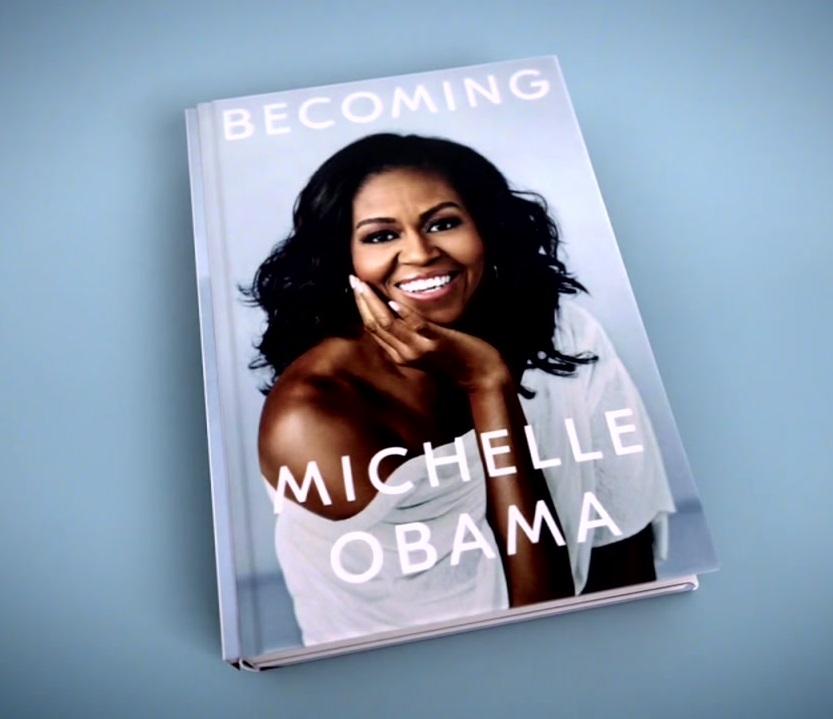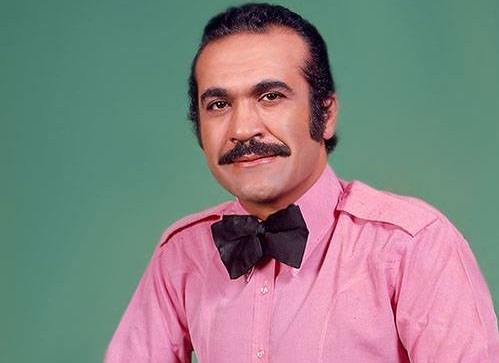
کتاب «شُدن» (becoming) توسط «میشل اوباما» همسر چهل و چهارمین رئیسجمهور آمریکا «باراک اوباما» نوشته شده که در اون به زندگی خودش در قبل و بعد از ازدواج و همچنین در دوران ریاستجمهوری همسرش میپردازه. این کتاب عنوان پرفروشترین کتاب سال ایالات متحده رو هم کسب کرده.
امروز خوندن این کتاب رو تموم کردم. نیمهی اول این کتاب دربارهی خانواده، کودکی، تحصیل، اشتغال و همچنین نحوهی آشنایی، ازدواج و زندگیِ خصوصیِ نویسندهی کتاب با باراک اوباما و نیمهی دوم کتاب بیشتر دربارهی حضور خانوادهی اوباما (میشل، باراک و دو دخترشون) در «کاخ سفید» و ویژگیهای زندگی به عنوان «بانوی اول آمریکا» هستش.
برای من نیمهی اول کتاب جذابیت بیشتری داشت. تو این بخش میشل اوباما خیلی دقیق و با جزئیات فضای محل زندگی، روحیات و روابط پدر و مادرش با همدیگه، و نحوهی تربیت فرزند توسط اونها رو شرح میده. علاوه بر اینها، توضیح انگیزههاش در تحصیل و کار و همچنین دیدگاهش در انتخاب شغل و همسر نکات جالبی داره.
به نظرم با توجه به اینکه میشل اوباما در خانوادهای معمولی و حتی شاید ضعیف از نظر مالی به دنیا اومد و رشد کرد، و همچنین جزو اقلیت رنگینپوست آمریکا بود که احتمالا در اون سالها به معنی دشواریهای بیشتری هم بوده، این بخش از کتاب میتونه برای همه، از جمله نوجوانها و بخصوص دخترای نوجوان مفید و الهامبخش باشه.
در نیمهی دوم کتاب برخلاف انتظار من، خیلی به جزئیات اتفاقات داخل کاخ سفید که مسلما نویسنده ناظر خیلی از اونها بوده پرداخته نشده و به نظرم میشد حتی در نصف حجم فعلی هم این بخش رو جمعبندی کرد. به عنوان مثال به دو اتفاق مهم سیاست خارجهی آمریکا در زمان اوباما یعنی «توافق هستهای» با ایران و «درگیریهای داخلی لیبی» و کشته شدن سفیر آمریکا در این کشور فقط در حد یک جمله اشاره شده. در حالیکه اشاره به تماسها، رفت و آمدها و حال و هوای کاخ سفید در اون روزها میتونست برای خواننده جالب باشه.
شاید هم میشل اوباما نیاز داشته تا زمان بیشتری از دوران حضورش در کاخ سفید بگذره تا دید بهتری نسبت به اتفاقات و جزئیات اون زمان پیدا کنه.
در اینجا چند جمله از کتاب رو که به نظرم جالب بودن مینویسم:
- Now I think it's one of the most useless questions an adult can ask a child-what do you want to be when you grow up? As if growing up is finite. As if at some point you become something and that's the end.
- I realize I don't know exactly what my mom did during the hours we were at school, mainly because in the self-centered manner of any child, I never ased. I don't know what she thought about, how she felt about being a traditional homemaker as opposed to working a different job.
- She (my mom) and my dad offered guildlines rather than rules. It meant that as teenagers we'd never have a curfew. Instead, they'd ask, "what's a reasonable time for you to be home?" and then trust us to stick to our word.
- I understand now that even a happy marriage can be a vexation, that it's a contract best renewed and renewed again, even quietly and privately-even alone.
- I wasn't going to let one person's opinion dislodge everything I thought I knew about myself. Instead, I switched my method without changing my goal.
- This is what a control freak learns inside the compressed otherworld of college, maybe above all else: There are simply other ways of being.
- This may be the fundamental problem with caring a lot about what others think: It can put you on the established path.
- Nothing was impossible, but nothing looked simple either.
- My father was just fifty-five when he died. Suzanne (my friend) had been twenty-six. The lesson there was simple: Life is short and not to be wasted.
- I put myself in front of anyone I thought might be able to give me advice. The point was less to find a new job than to widen my understanding of what was possible and how others had gone about it.
- I began to see that there were ways I could be happier and that they didn't necessarily need to come from Barack's quitting poilitics in order to take some nine-to-six foundation job.(...this was an unrealistic expectation.)
- Growing up in a working-class community and with a disabled parent, I'd learned that planning and vigilance mattered a lot. It could mean the difference between stability and poverty. The margins always felt narrow. One missed paycheck could have leave you without electricity; one missed homework assignment could put you behind and possibly out of college.
- Having lost a fifth-grade classmate to a house fire, having watched Suzanne die before she'd had a chance to really be an adult, I'd learned that the world could be brutal and random, that hard work didn't always assure positive outcomes.
- There's an age-old maxim in the black community: You've got to be twice as good to get half as far.
- I knew from my own life experience that when someone shows genuine interest in your learning and development, even if only for ten minutes in a busy day, it matters.
- Life was teaching me that progress and change happen slowly. Not in two years, four years, or even a lifetime. we were planting seed of change, the fruit of which we might never see. We had to be patient.
- Being president doesn't change who you are; it reveals who you are.
- For me, becoming insn't about arriving somewhere or achieving a certain aim. I see it instead as forward motion, a means of evolving, a way to reach continuously toward a better self.






